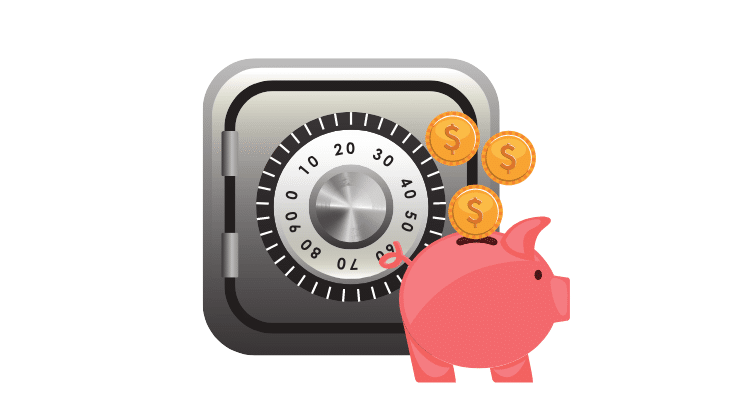Today, in the spirit of Thanksgiving, I’m taking this opportunity to say Thank You…
…to all of you who are reading this blog, even if it’s the only time you ever do, I truly appreciate you reading it today.
…to everyone who’s ever written to tell me how my work has impacted your life, you have no idea how your words have impacted mine. In fact, your notes and emails are tucked in a box beside my desk.
…to anyone who’s bought my books and perhaps passed it onto a friend, this means more to me than you can ever know.
…to those of you who’ve joined my groups or signed up for coaching, I’m endlessly grateful you trusted me to guide you while teaching me to be a better guide.
…to my amazing team—Lynda Jo, Carney, Jayme & Ben—for taking care of all the details I abhor and for supporting me in such a deeply loving way. I really would be lost without each of you.
…to my ex who gambled away my inheritance and my father who wouldn’t lend me money, you taught me that, indeed, the obstacle is the path, leading me straight to my life’s purpose.
…to my wonderful financial team, because despite current events, my portfolio has more than doubled since I first found you.
…to McGraw Hill, the publisher who said yes to my latest book, when all the other said no.
…to my kids and grandkids who are coming to spend Thanksgiving with us. Truly, my cup runneth over.
…to my beloved husband who rarely lets a day pass without expressing his love, appreciation and support for me.
Once again, from the bottom of my heart…THANK YOU ALL!
I’d love to know who’d you like to thank this holiday season. Leave me a comment below.











